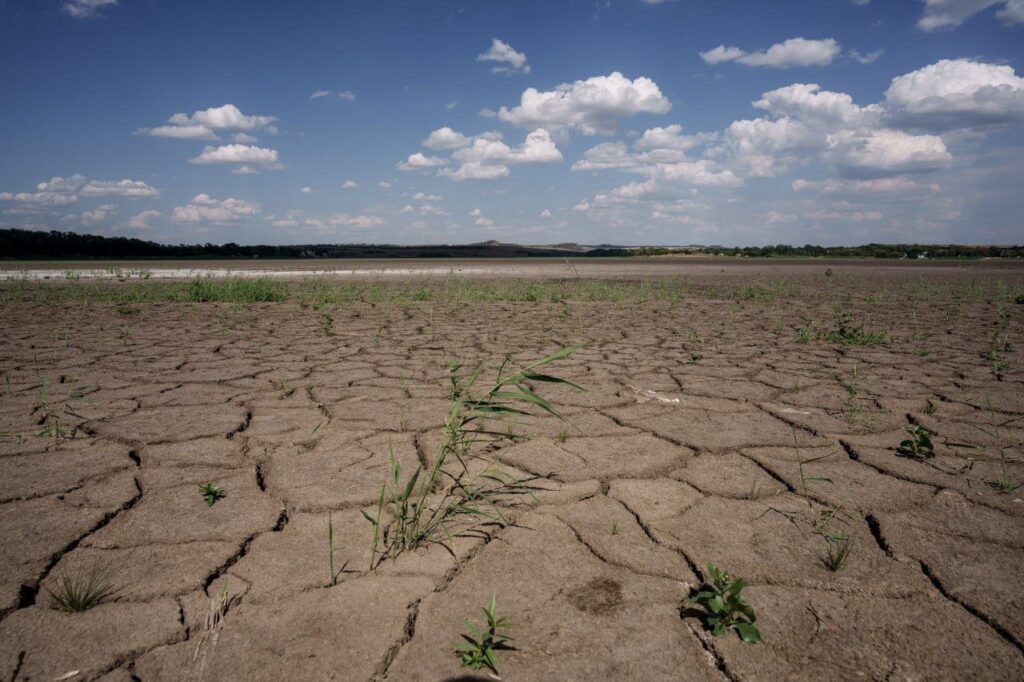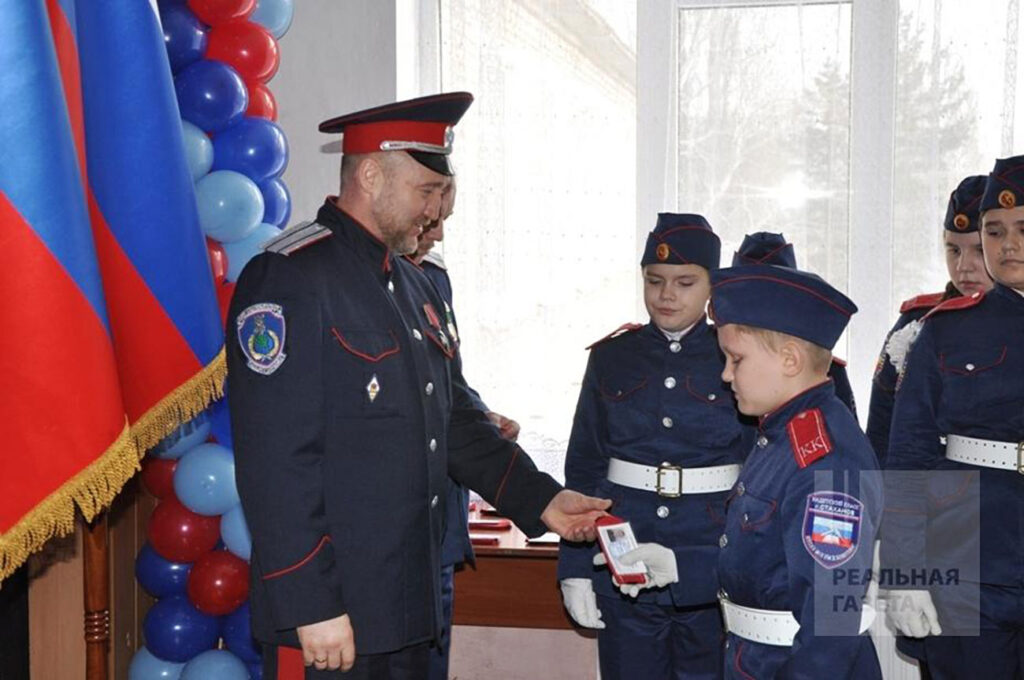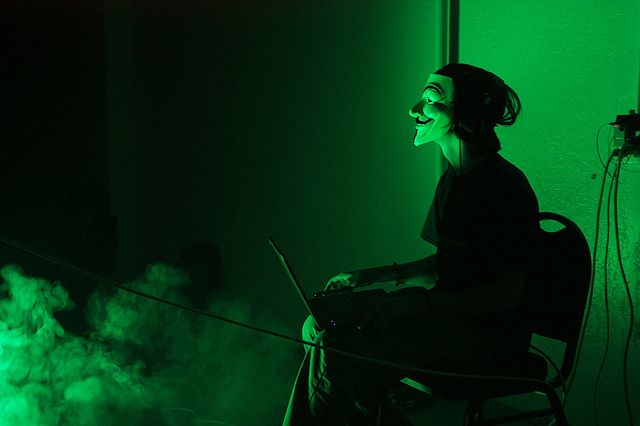UN sounds alarm: Nearly 70% of funding to help millions of Ukrainians is lacking

Despite escalating fighting and a humanitarian catastrophe, the UN has received only 34% of the planned $2.6 billion for aid to Ukraine in 2025, reveals UN Deputy Secretary-General for Humanitarian Affairs Joyce Msuya, UkrInform reports.
In the first half of 2025, Russia killed or injured 6,754 civilians in Ukraine, the highest number for a six-month period since 2022. After a surge in Russian attacks on civilians following each US peace effort, President Donald Trump gave Russia a 50-day ultimatum to strike a peace deal with Ukraine. However, the attack continue.
“Without immediate funding, even priority programs may be shut down,” she warned during a UN Security Council meeting.
The UN has already launched its 2025–2026 winter response plan, which targets the 1.7 million Ukrainians left in high-risk areas.
Nearly 50% more civilian casualties
Since the last Security Council meeting on 20 June, the humanitarian situation has significantly worsened, Msuya said. In the first half of 2025, the number of civilian casualties increased by nearly 50% compared to last year.
Currently, 13 million Ukrainians need assistance, but due to a funding shortfall, only 3.6 million have received it.
Access to Russian-occupied regions remains extremely limited, Msuya emphasized. This makes it impossible to provide basic aid to millions of civilians.
Russia is transforming occupied Ukrainian regions into military bases. Moscow troops use Donetsk and Luhansk oblasts to build up combat units, establish fortified positions, and organize logistics hubs. Meanwhile, from occupied Crimea, Russian forces are launching missiles and drones at other Ukrainian cities.
She stressed that Ukrainians cannot depend on donor fatigue or delay, urging UN member states to act without hesitation.
Earlier, Euromaidan Press reported that Ukrainians suffer from dehydration and violence in Donetsk. The city’s residents under the Russian occupation face catastrophic water shortages, with no supply to homes for up to three days at a time.
Military expert Roman Svitan said that the Russians destroyed the Khanzhonkivske Reservoir in 2022. The pumps capable of moving millions of tons of water were completely demolished. This water sustained all of Donbas, all the way to Mariupol.


